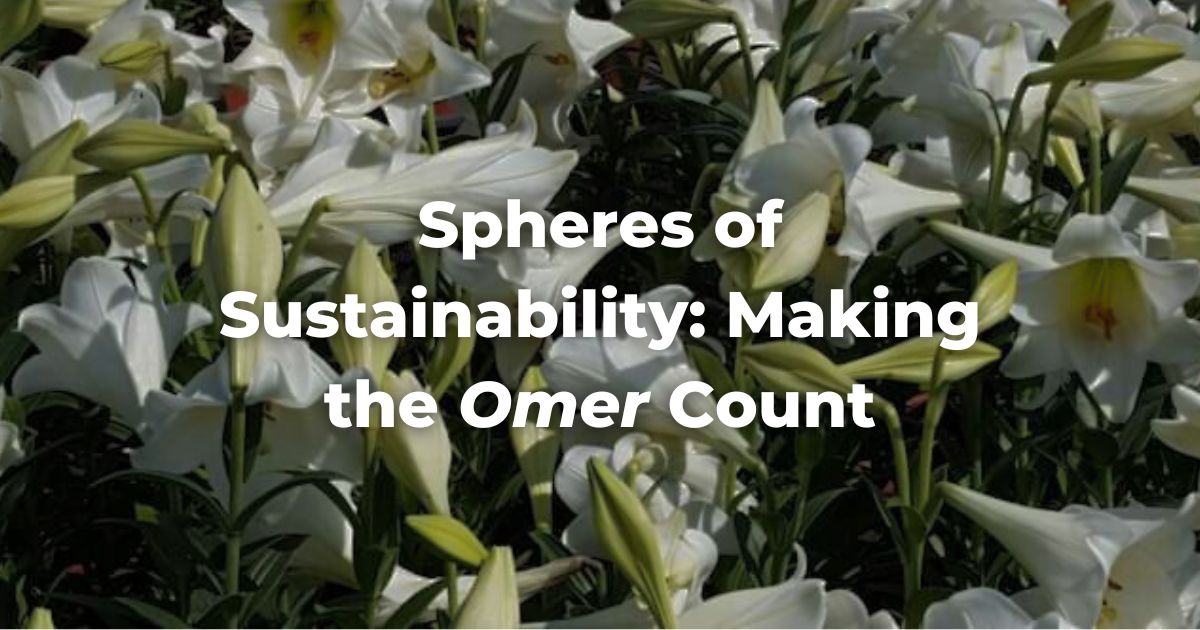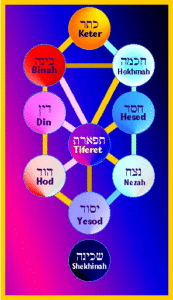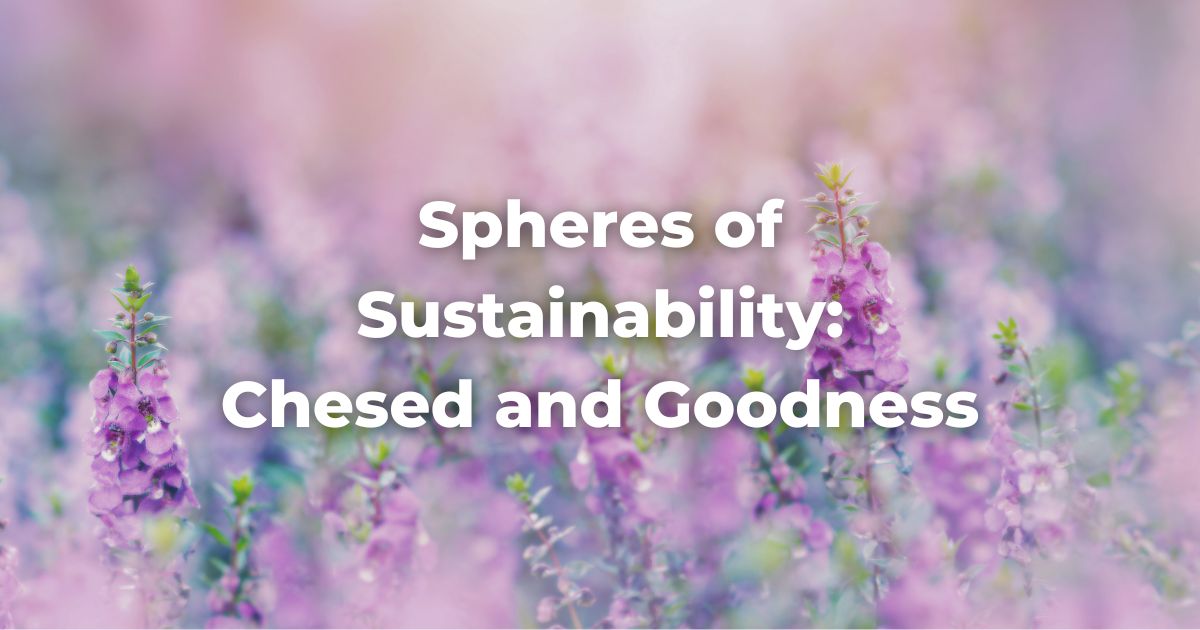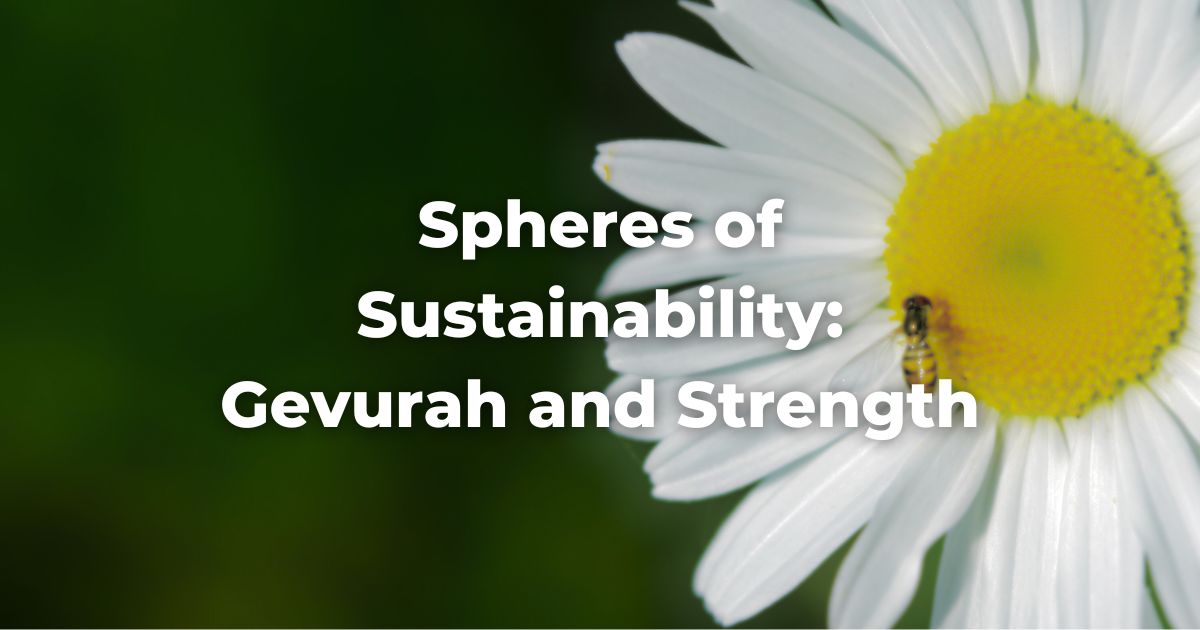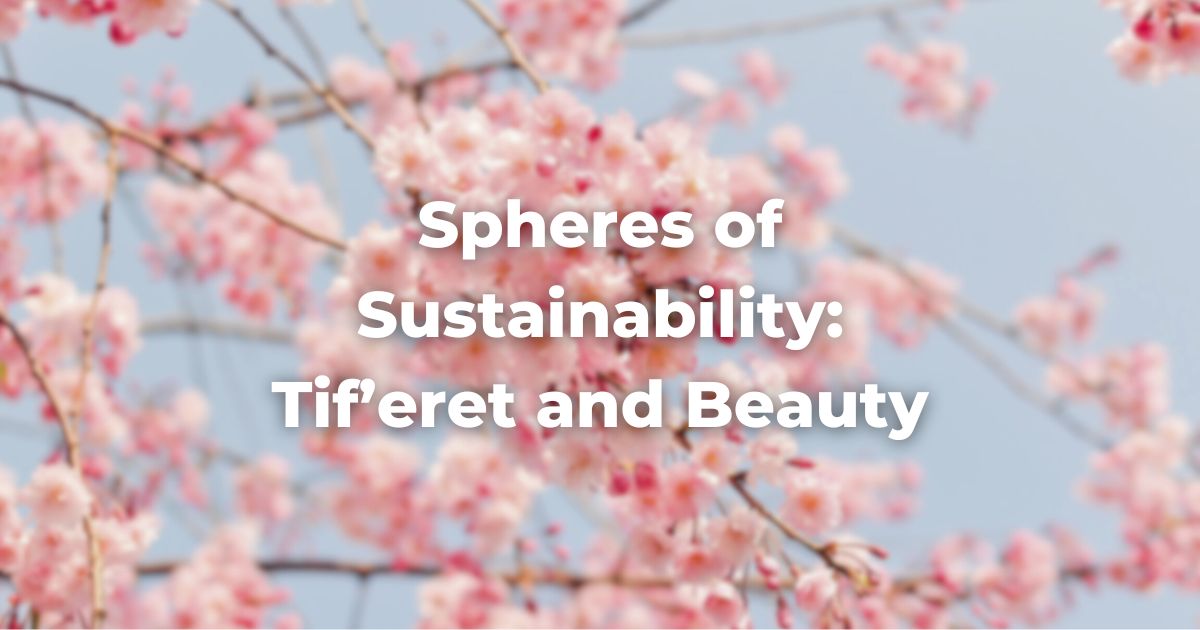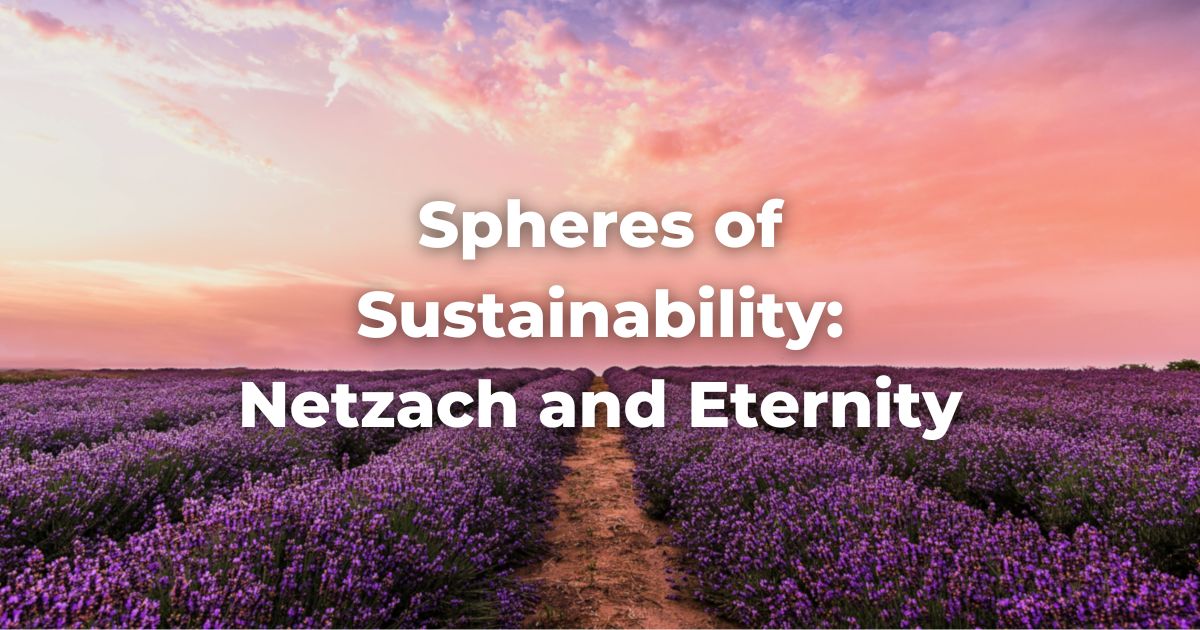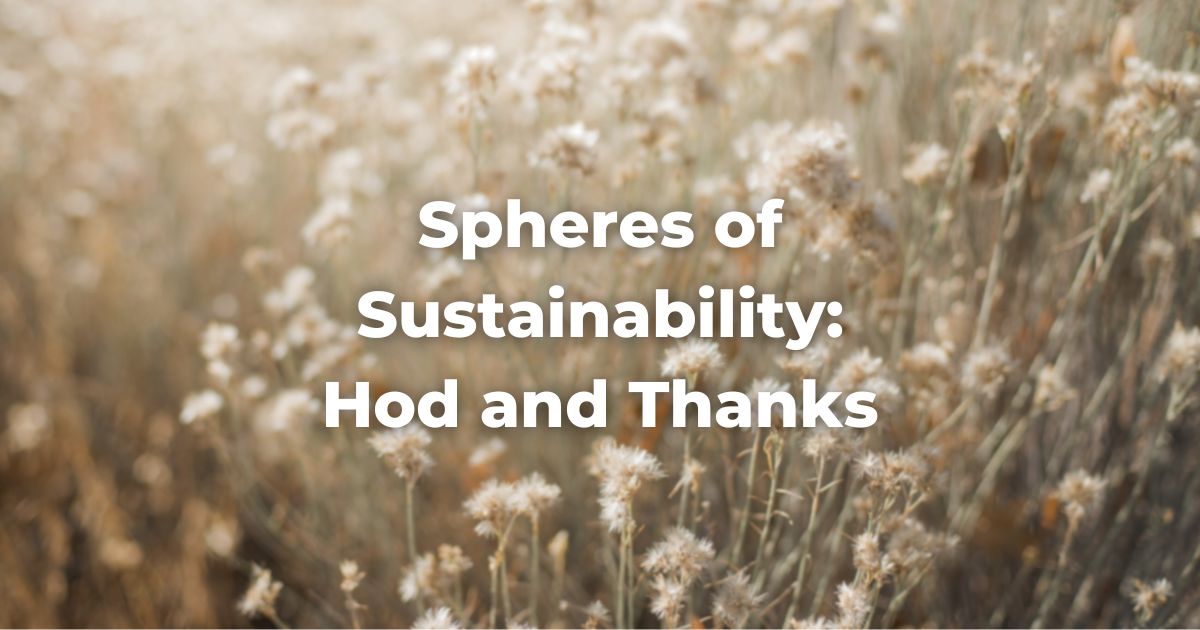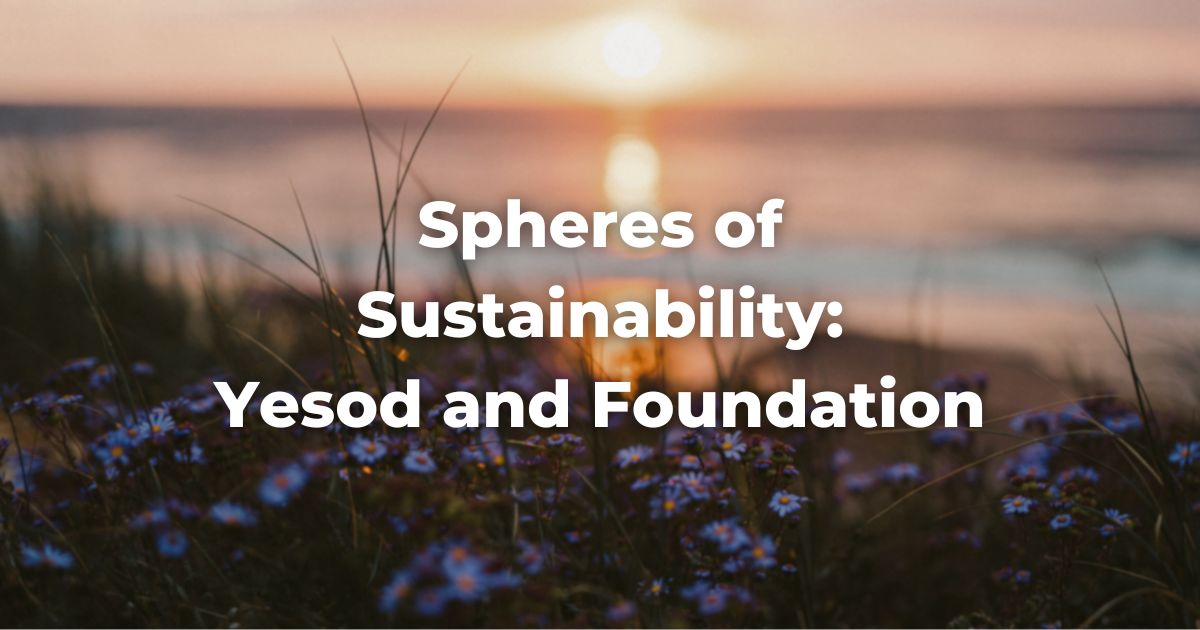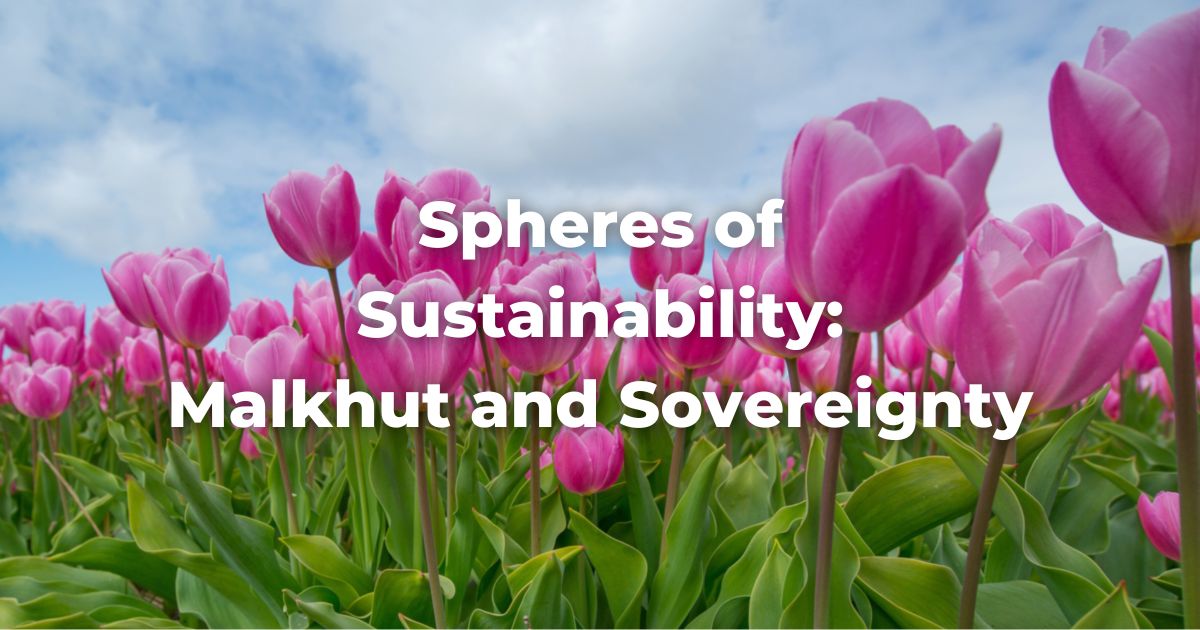Throughout the seven weeks between Passover and Shavuot (the period called Sefirat Ha’Omer, the counting of the Omer), a cherished kabbalistic custom invites us to reflect on the seven Divine attributes (middot—מִדּוֹת) that are said to infuse the spiritual character of each week.
In each of these seven weeks, we are invited to center our meditations on that week’s attribute (middah—מִדָּה), helping us to prepare for the awesome encounter with God at Sinai.
Each attribute corresponds to one of seven lower sefirot (סְפִירוֹת, literally “accountings”) or “aspects” of God that, according to Kabbalah, connect the ineffable to the human experience.
These seven sefirot are:
- ChesedThere is no perfect translation, but is generally defined as “loving-kindness.” When we act with Hesed, we are doing Gemilut Hasadim. Also spelled: chesed Read more (חֶסֶד, “Lovingkindness”)
- Gevurah (גְּבוּרָה, “Strength”)
- Tif’eret (תִּפְאֶרֶת, “Beauty”)
- Netzach (נֶצַח, “Eternity”)
- Hod (הוֹד, “Glory”)
- Yesod (יְסוֹד, “Foundation”)
- Malkhut (מַלְכוּת, “Sovereignty”)
Each represents one of the seven of the lower emanations (sefirot) that flow from the Divine to the Earth, bringing life and holiness into this world. The ten sefirot are often organized into the shape of a tree, like this:
Like the source from which they flow, each of these eludes simple definitions. We will never understand all of God’s dimensions, nor the complexity of the human spirit, but we can contemplate the metaphors bequeathed to us by our ancestors and seek thereby to enrich our lives.
In kabbalistic lore, these sefirot and their attendant attributes are the tools with which our material world was made, and the essences that keep it alive. How appropriate then, that in this period of the Omer, we turn to these sefirot to help us be ever mindful of our dependence on nature and guide us in the ways of protecting and preserving God’s cherished creation.
Each week of the Omer offers teachings designed to deepen our collective commitment to tend well to the world around us.
As we dive deeper into Judaism’s many ways of caring for the earth, we draw on the age-old, yet little-known, mitzvah whose time has truly come: Yishuv Ha’olam, the imperative to preserve a habitable world in which all God’s creatures may live and thrive.
In all seven weeks of the Omer, the teachings fall into three categories: head, heart, and hand, mapping onto the three legs upon which (the rabbis tell us) the world stands: TorahRefers to the first five books of the Hebrew Bible, the Tanakh, also called the Five Books of Moses, Pentateuch or the Hebrew equivalent, Humash. This is also called the Written Torah. The term may also refer to teachings that expound on Jewish tradition. Read more (head), AvodahOriginally understood as Temple service, but expanded to mean any service to God.
Related to: gemilut hasadim. See Pirkei Avot 1:2 Read more (heart), and Gemilut Chasadim (hand) (Pirkei Avot 1:2).
Take these teachings, share them, teach them, adapt them as you see fit.
See each week's post here!
Authors
-


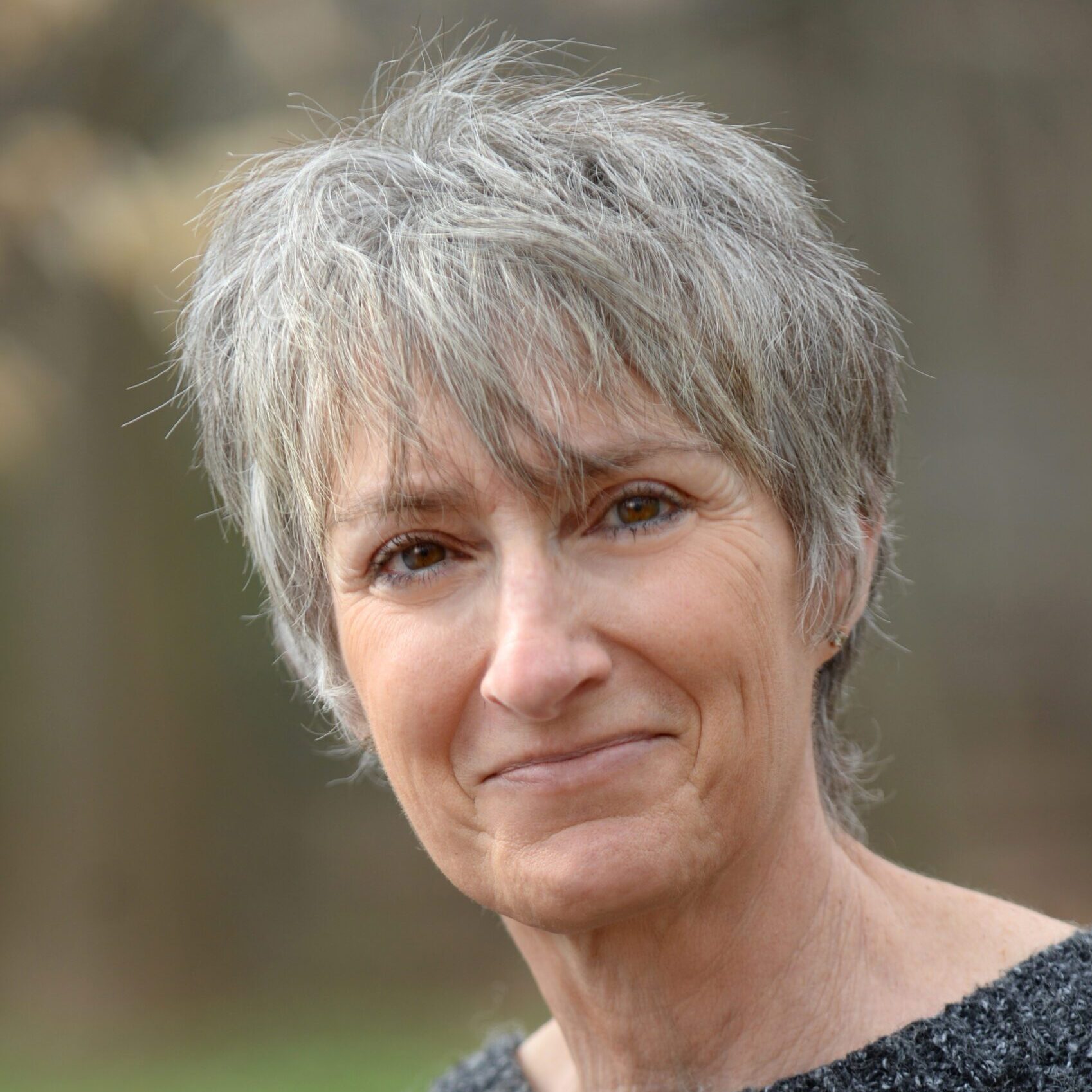
Rabbi Nina Beth Cardin is the Chair of the Sustainability Committee of the Social Justice Commission of the Masorti Movement and the co-author (with her husband, Rabbi Avram Israel Reisner) of the Conservative Movement's teshuvah on sustainability. She has worked in the field of environmental advocacy for over twenty years, most recently promoting environmental human rights and intergenerational environmental equity for all.
View all posts -


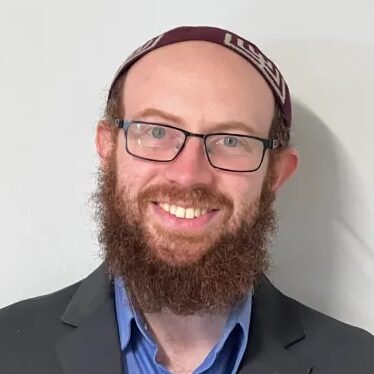
Rabbi Jonah Rank is the President and Rosh Yeshivah of Hebrew Seminary: A Rabbinical School for Deaf & Hearing.
View all posts -


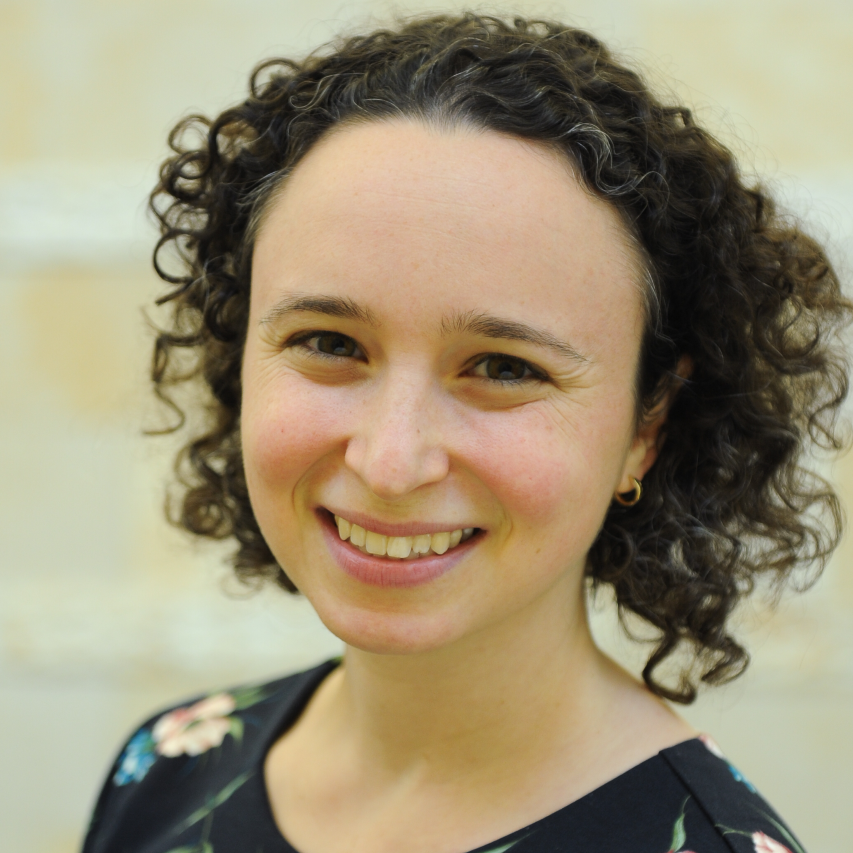
Rabbi Sara Blumenthal is currently the assistant rabbi of Congregation Agudath Israel in Caldwell, New Jersey. She enjoys building spiritual community through text study, group singing experiences, and prayer. She received rabbinic ordination and a Master of Jewish Education from Hebrew College. In her spare time, you can find her cooking, reading, biking, or learning a new craft.
View all posts

